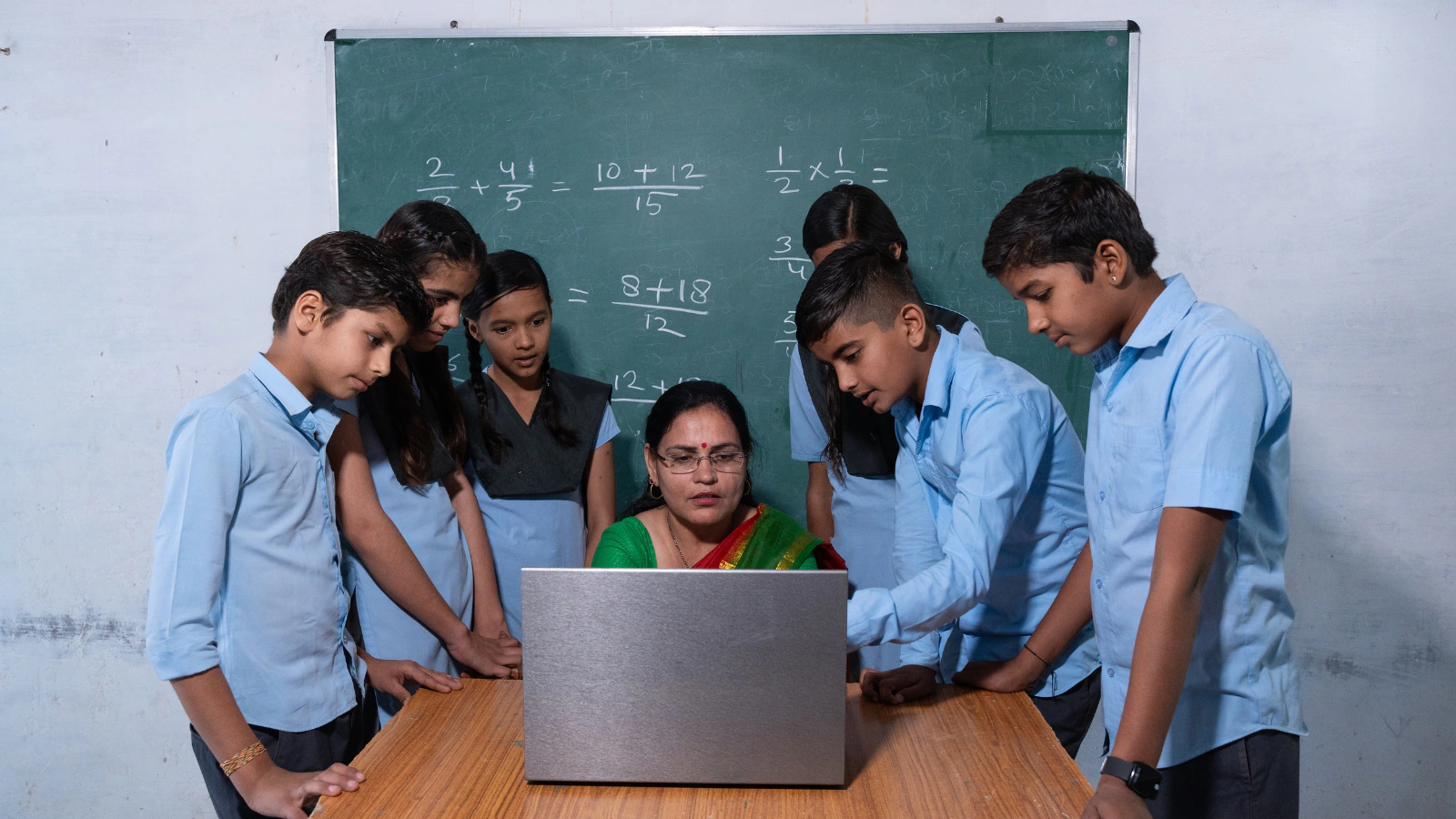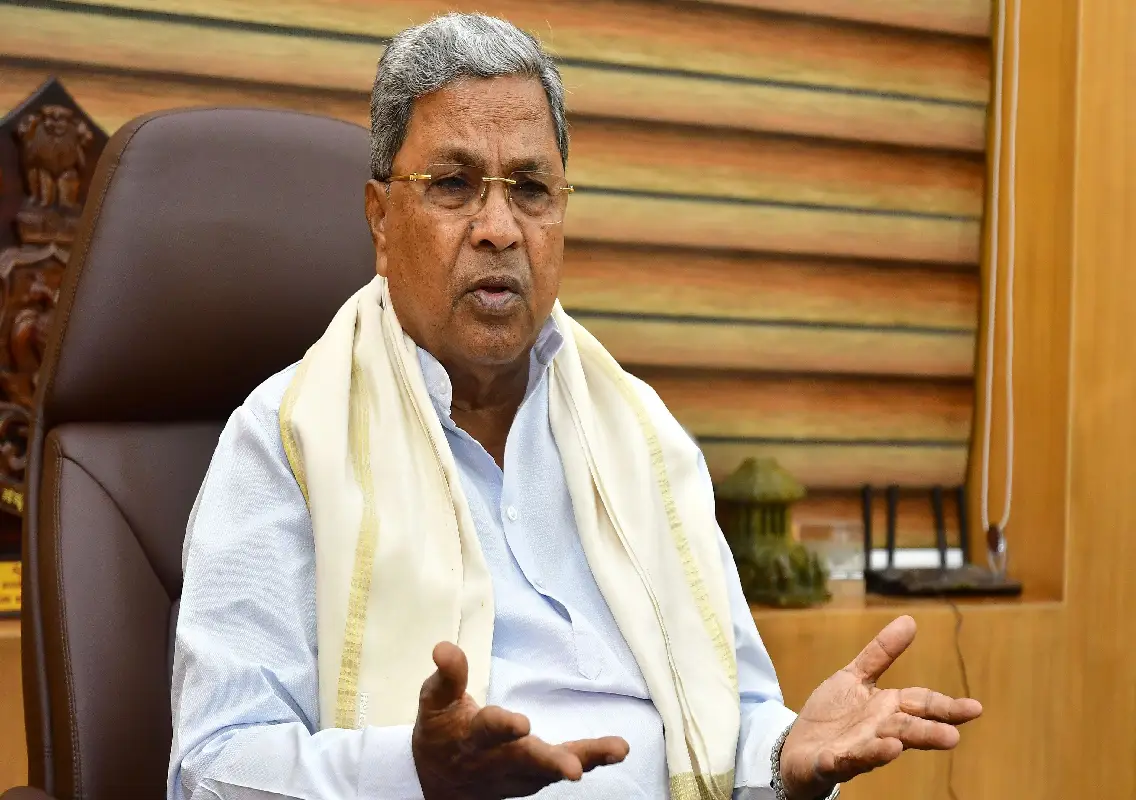Copyright news18

In a major step towards reshaping India’s school assessment system, the Central Board of Secondary Education (CBSE) is building a digital platform that will enable teachers across its affiliated schools to create high-quality, competency-based assessments. The initiative marks one of the biggest technology-led education reforms since the rollout of the National Education Policy (NEP) 2020, which calls for a fundamental shift from rote learning to measuring real understanding and application of knowledge. The proposed platform — currently in the request-for-proposal (RFP) stage — will serve as a centralised hub for question creation, quality review, analytics, and assessment design, directly supporting teachers in crafting both formative and summative evaluations based on defined learning outcomes. The move is part of the CBSE’s ongoing effort to make school education more holistic and less exam-centric, moving from rote learning to competency-based assessment. Assessment reforms In recent years, the board has introduced assessment reforms in line with the NEP, redesigning question papers for Classes 10 and 12 to include 50% competency-based questions that assess students’ ability to apply concepts rather than memorise facts. At the foundational and middle school levels, the CBSE has rolled out the Structured Assessment for Analysing Learning (SAFAL) programme for Grades 3, 5, and 8. SAFAL evaluates students’ understanding of core concepts and their ability to use knowledge in real-life situations. Reports generated under SAFAL also identify learning gaps and suggest targeted interventions at the classroom level. Complementing these reforms is the School Quality Assessment and Assurance Framework (SQAAF), which requires schools to self-evaluate their performance across academic and administrative parameters. Select schools also undergo expert-led quality reviews to ensure continuous improvement. To institutionalise these reforms, the CBSE has established a Centre of Excellence in Assessment (CEA) — a specialised unit responsible for developing standards for competency-based assessments, creating a national Item Bank, and guiding schools in adopting the new framework. The CEA’s role includes building assessment tools that test higher-order thinking skills, such as analysis, critical reasoning, and problem-solving — a key departure from traditional tests that largely emphasise memorisation. The proposed digital platform According to the RFP, the CBSE plans to partner with a qualified IT solution provider to design, develop, operate, and maintain the platform. The system will function as a secure, scalable, and user-centric digital ecosystem that supports teachers, subject experts, and administrators. The proposed features include a central repository of question items categorised by grade, subject, and competency level, tools for teachers to design assessments using drag-and-drop or automated blueprints, and a Quality Analyser and Reviewer (QAR) tool powered by artificial intelligence to check questions for accuracy, clarity, and relevance. It will also include AI and NLP-based plagiarism and duplication detection, ensuring originality and alignment with learning objectives. Machine learning algorithms will generate item statistics such as difficulty level, reliability, and bias detection. Interactive dashboards will be there for real-time tracking of assessment data and teacher participation. The platform will also integrate with the CBSE’s existing teacher identity and training systems through Single Sign-On (SSO) access, and connect with the Teachers Integrated Formation System (TIFS) for continuous capacity building. Officials say the platform will empower teachers in more than 27,000 CBSE-affiliated schools to create classroom-level assessments that truly reflect student learning. Teachers will be able to access the central item bank, customise question papers, and even contribute new items for review. Each contribution will go through a multi-layered review process, including checks by subject reviewers and senior reviewers, before being published in the national repository. Every question will carry metadata tags — such as grade, subject, learning outcome, and Bloom’s taxonomy level — to ensure easy discovery and appropriate use. Beyond supporting teachers, the digital platform will allow CBSE to analyse data on learning trends and assessment quality. It will help generate school report cards, track item performance, and identify patterns of student achievement across grades. The system will also undergo regular audits — internal reviews every six months and third-party certifications annually — to ensure transparency, security, and data integrity. What experts say Education experts view this initiative as a landmark step in bringing data and technology into the heart of school learning. By shifting from marks-based evaluation to competency-based learning measurement, the CBSE hopes to nurture critical thinking and creativity among students while ensuring that assessments serve as tools for learning rather than judgment. The platform, once operational, will be a national benchmark for digital education reform, bridging the gap between policy and practice under NEP 2020. “Assessments should not merely test memory, but measure how students think, reason, and apply knowledge,” a senior CBSE official said. “This platform is designed to make that vision a classroom reality.”



